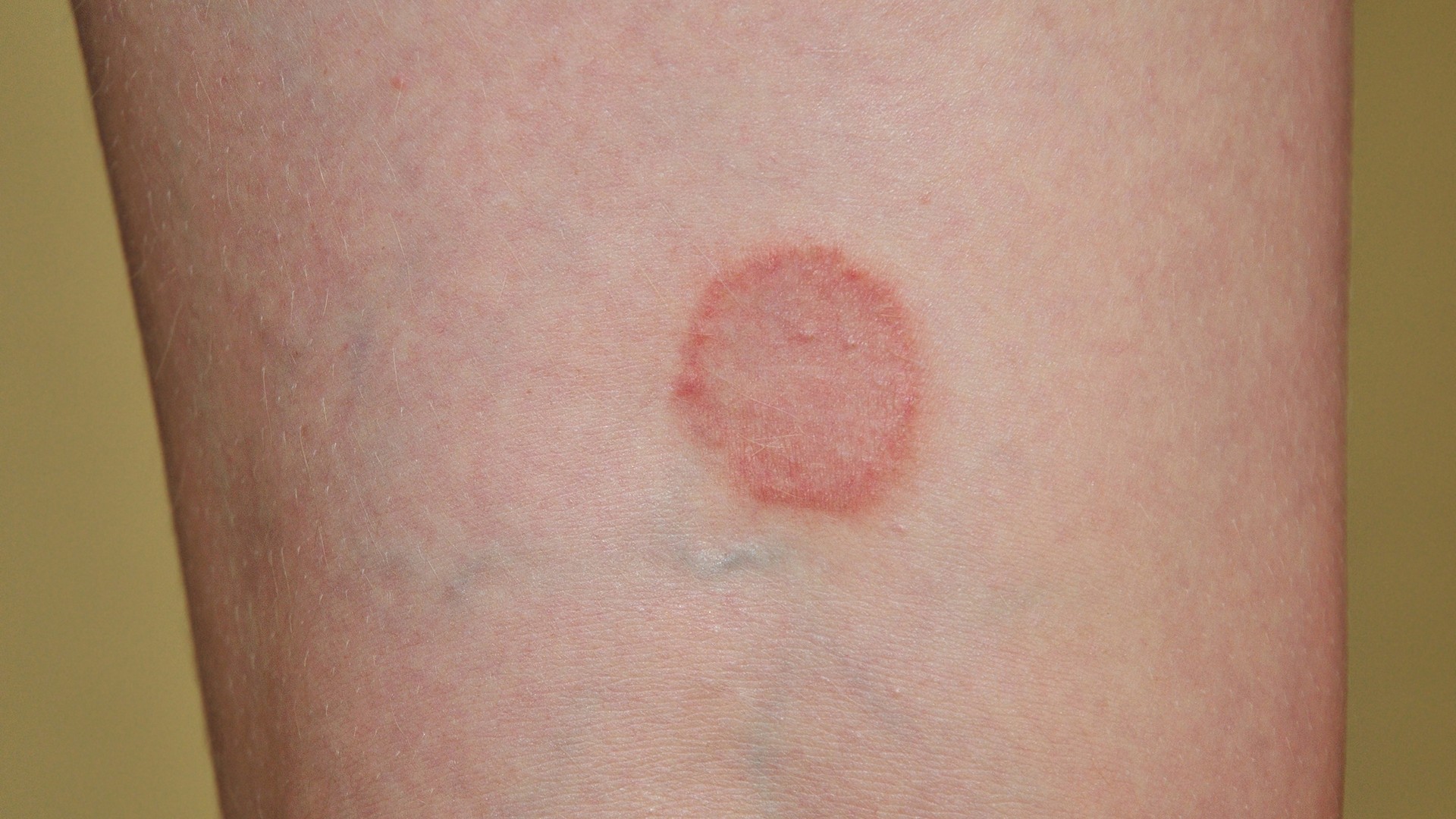The Centers for Disease Control and Prevention (CDC) has issued a warning about Candida auris (C. auris), a dangerous fungus infection that poses a significant health threat to people with compromised immune systems in hospitals and nursing homes.
According to Dr. Jose Vasquez, Chief of Infectious Diseases at the Medical College of Georgia, the biggest concern about C. auris is its resistance to multiple drugs, making it difficult to treat. Although most C. auris infections respond to antifungal medication, some do not, and it is challenging to detect the fungus without specialized lab equipment that many healthcare facilities do not have.

What do we know about this dangerous fungus infection CDC has been talking about?
Previously, CDC warned about Shigella and now there is a new dangerous fungus infection.
Once C. auris is in a hospital setting, it can be hard to stop. The fungus can live on a person’s skin without causing symptoms, allowing it to be transmitted from one person to another or enter a patient’s body through contaminated surfaces or medical equipment. C. auris can survive on surfaces for weeks, and once it gets into a hospital, it is difficult to eradicate.
According to the CDC, Georgia had just 12 lab-confirmed cases of C. auris in 2022, while Florida had 349. The US reported 2,377 clinical cases of C. auris last year based on lab-confirmed cultures and 5,744 screening cases. Screening cases involve swabs collected from patients to determine whether they are carrying the fungus on their body, even if they are not experiencing signs of an active infection.
However, Dr. Vasquez believes many cases of C. auris go unconfirmed, and the pandemic may have exacerbated the spread of the fungus in healthcare settings.

Why is C. auris considered as a dangerous fungus infection?
The pandemic has led to many COVID-19 patients being hospitalized, often in intensive care units (ICUs) and on mechanical ventilators, which are risk factors for Candida infections.
C. auris can cause bloodstream, wound, and ear infections, resulting in fever, chills, and septic shock. Although patients who have severe underlying illnesses that can weaken their immune system are at the greatest risk of dying from C. auris infections, the CDC reports that approximately 30% to 60% of patients infected with C. auris die, according to the limited information available.
Despite its dangers, C. auris is not contagious outside of healthcare settings. Individuals are not at risk of contracting the fungus by shaking hands or walking down the street.
Rather, they must be in the hospital, on broad-spectrum antibiotics, on mechanical ventilation, or have been in the ICU for a prolonged period, to be at risk of developing a C. auris infection.
How to protect yourself from C. auris infections?
Protecting yourself from C. auris infections can be challenging, but there are some steps you can take to reduce your risk. Here are some recommendations from the CDC:
Good hygiene practices: Practice good hand hygiene, and make sure to wash your hands thoroughly with soap and water, or use hand sanitizer with at least 60% alcohol.
Keep your environment clean: Healthcare facilities should follow standard infection control procedures, including cleaning and disinfecting surfaces regularly.
Be cautious with medical devices: Healthcare providers should use precautions when inserting central lines or catheters, and make sure to follow proper protocols for cleaning and handling medical devices.

Be alert for signs of infection: If you have a compromised immune system or have been hospitalized for a prolonged period, be on the lookout for signs of infection, such as fever, chills, and other symptoms.
Communicate with your healthcare provider: Let your healthcare provider know if you have been in a healthcare facility where C. auris has been identified or if you have any risk factors for developing an infection.
Remember that C. auris infections are primarily a concern for people who have weakened immune systems or who have been hospitalized for a prolonged period. While there are steps you can take to reduce your risk, it is important to follow the guidance of your healthcare provider and take any necessary precautions to protect yourself from infection.

